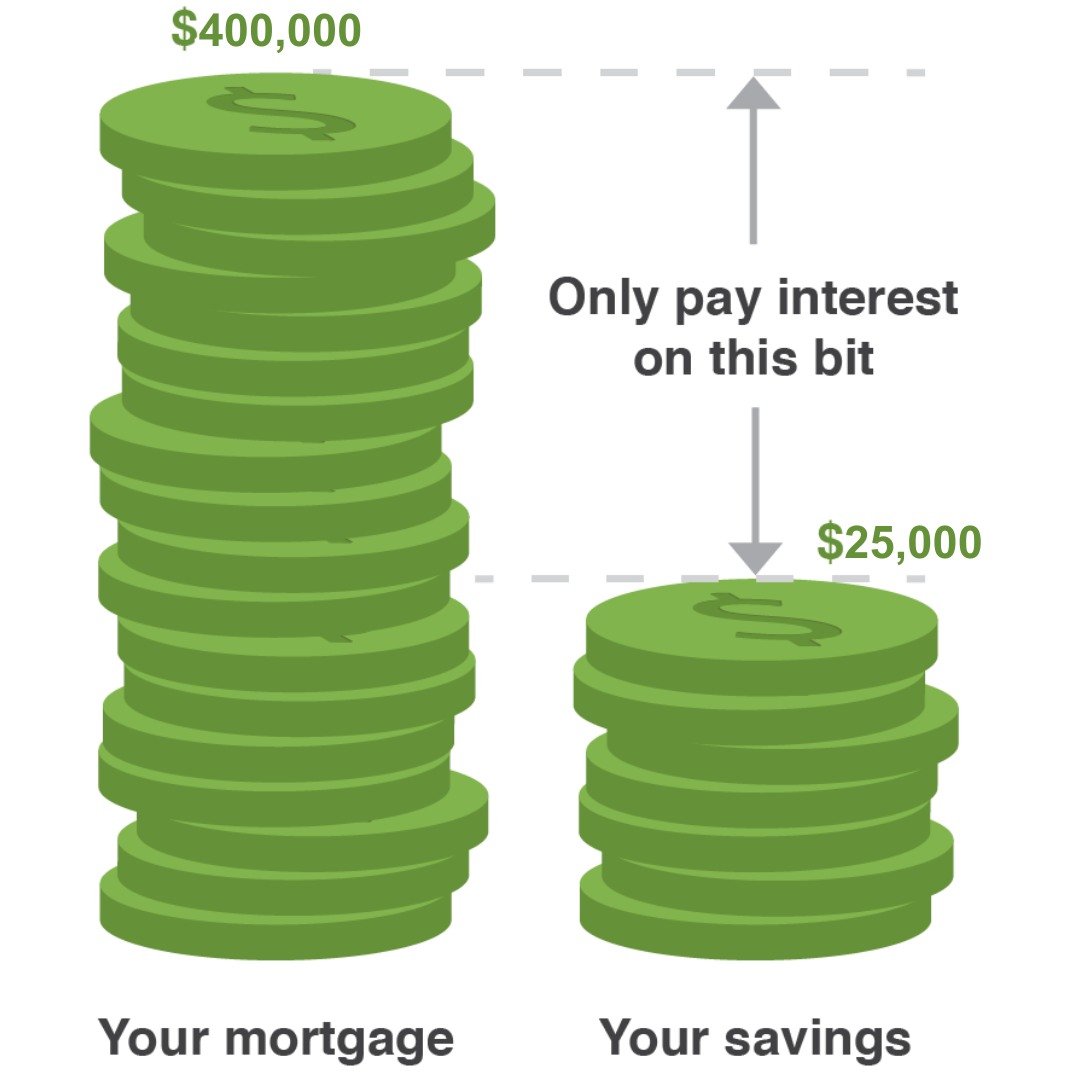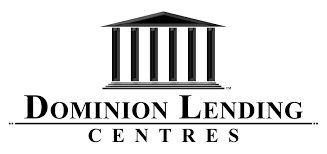Not All Mortgages Are Created Equal
Matthew Robinson • July 17, 2020
Not All Mortgages Are Created Equal

When looking for a mortgage, there are many factors that come into play. The first and most obvious is interest rate.
In theory, finding the best interest rate should save you the most amount of money but that’s not always the case. Your ultimate goal should be to pay the least amount of interest during your term and understanding the small print will help you achieve that.
Here are 5 things you should know about your mortgage
1. What is my penalty?
The inevitable mortgage penalty comes into play if you decide to break your mortgage for various reasons - refinance, sale, etc. Penalties are calculated differently from lender to lender and fixed vs. variable. The range of penalty can be .75% to 6% or even 7% of your mortgage balance. If your mortgage balance is 400k, that would mean your range is $3,000 to $28,000. To be honest, the lenders are banking (pun intended) on you breaking your mortgage as 60% of Canadians do in the first 3 years. It’s my job to make sure when you do, you pay the least amount of interest.
2. Is my mortgage portable?
This means, if you buy another home, it might make sense to take your current mortgage and interest rate with you instead of paying the penalty. Most lenders allow this, but some mortgage products don’t. It is essential to know if you can take your mortgage with you for the life of your term so you’re not surprised down the road.
3. What is the small print in my mortgage?
Some no-frills mortgage products offer a lower interest rate but come with some small print. A bona-fide sales clause is one, this means you can’t break your mortgage unless you sell your property. Another one is a fixed penalty percentage, meaning you might pay 3% of your mortgage principal to break even a variable rate mortgage. These are just a couple of the things you need to be aware of.
4. What are my prepayment privileges?
The majority of mortgages come with prepayment privileges. This is the ability to increase your monthly payment and/or make a lump sum payment - both will put the funds directly towards your principle which means you’re paying off your mortgage quicker. Some lenders allow you to prepay up to 25% of your original mortgage amount at any time during the year. Other lenders allow you to pre-pay up to 10% but only on the anniversary date of your contract. If you anticipate using your prepayment privileges then it would be wise to align yourself with the more flexible lender.
5. Do I have a standard or collateral charge mortgage?
It’s important to know this because, at renewal time, there is typically no cost to switch lenders - aka...you are a free agent. But if your mortgage is registered as a collateral charge, you could incur costs of $1,000 to $1,200 to leave your lender. Your current lender knows you have to pay those costs so the renewal rate might not be as low as you expected.
Knowing the answers to these questions will only better prepare you and at the end of the day...save you money.
Let’s get moving
Why wait? Let’s get you started on the path to finding the perfect mortgage. Your perfect mortgage is just a few clicks away.
Our latest articles

If you’ve got cash sitting in a chequing account or an everyday bank balance, it’s likely earning next to nothing. Meanwhile, your mortgage is quietly racking up interest on every dollar you owe. That’s wasted potential. An offset mortgage changes that equation. It links your mortgage directly to a chequing or savings account. The bank only charges interest on the net balance, your mortgage minus whatever’s sitting in that linked account. Every dollar you park there immediately starts working to reduce your interest cost. Here’s how it plays out: Let’s say you have a $400,000 mortgage at 4.95% and keep $25,000 in your offset account. You’re not paying interest on $400,000, you’re only paying on $375,000. That simple move saves roughly $1,200 a year in interest without increasing your payments or locking up your cash. And that’s the beauty of it. You still have full access to your money. Need it for an emergency, a trip, or an investment? Withdraw it anytime. Until then, it’s quietly cutting your interest bill and helping you build equity faster. Some offset setups, like the Manulife One account, go a step further by combining your mortgage, chequing, and savings into one main account. Your income gets deposited directly into it, automatically reducing your daily interest. Every dollar that flows in, even temporarily, works for you until it’s spent. Yes, offset mortgages can carry a slightly higher rate than standard options. But if you consistently hold cash from savings, business income, or rental reserves, the math often stacks heavily in your favour. Bottom line: if you’ve got liquidity, putting it to work in an offset structure can make a lot of sense. You’ll reduce your interest, build equity faster, and keep your flexibility, all without changing your lifestyle.

In a declining interest rate environment , smart homeowners aren’t waiting for their mortgage renewal to take action—they’re locking in savings now. The Cascade Mortgage Strategy is a tactical approach that lets you progressively lower your borrowing costs while protecting against future rate hikes. Instead of sitting on a fixed rate for an entire term, you prepay portions of your mortgage and reset them at lower rates as they become available. This setup provides a practical framework for implementing the Cascade Mortgage Strategy, allowing you to make strategic prepayments while maintaining a sufficient buffer for emergencies and other financial needs. Here's how it works. For the sake of this illustration, let's assume you own a property valued at $1,000,000. You require a mortgage of $500,000. We set up a home equity line of credit (HELOC) on top of this for $150,000. Property Value: $1,000,000 Mortgage Amount: $500,000 HELOC Limit: $150,000 Annual Prepayment Privileges: 20% of the original mortgage balance annually ($100,000) Initial Setup: Work with us to secure a $500,000 mortgage on your $1,000,000 property, ensuring you have a $150,000 HELOC in place. This gives you a $650,000 overall credit limit. We must ensure the lender offers flexible prepayment privileges, allows for multiple mortgage components, and provides the option to re-amortize your mortgage after each prepayment. Step-by-Step Process: At the end of the first year, use the HELOC to make a 20% ($100,000) prepayment on your mortgage, reducing your balance from $500,000 to $400,000. Immediately reset the $100,000 HELOC balance into a new mortgage component, ideally at a lower interest rate than your original mortgage. Rinse and repeat annually. After each prepayment, you have the option to either reduce your monthly payments or maintain them at the original level. If you choose to reduce the payments, this will improve your cash flow each month. Alternatively, by keeping your payments consistent, you'll accelerate the reduction of your principal, allowing you to pay off your mortgage more quickly. Interest Rate Decline with Each Prepayment This strategy obviously works best in a declining interest rate environment. However, even in a relatively stable interest rate environment, the strategy still offers benefits by improving cash flow and accelerating principal repayment. Each year, after making the prepayment, the homeowner resets the $100,000 HELOC balance into a new mortgage component with a lower interest rate. The decline in interest rates is attributed to both market conditions and the shorter terms selected for the new components. End of Year 1 - The new 4-year term rate is 4.25%, a 0.75% decrease from the original 5% rate. End of Year 2 - The new 3-year term rate is 3.50%, another 0.75% decrease from the Year 1 rate. End of Year 3 - The new 2-year term rate is 3.25%, a 0.25% decrease from the Year 2 rate. End of Year 4 - The new 1-year term rate is 3.00%, a 0.25% decrease from the Year 3 rate. These declines reflect both a general reduction in market rates and the typical savings associated with selecting shorter-term mortgages at each interval. The Results To truly appreciate the benefits of the Cascade Strategy, it's important first to understand what happens when this strategy is NOT employed. In a typical mortgage scenario, a homeowner with a $500,000 mortgage at a 5% interest rate, amortized over 30 years, would make consistent monthly payments over the term of the mortgage. After five years, the numbers look like this: Total Payments Made: $160,107.00 Total Interest Paid: $118,915.80 Principal Paid: $41,191.20 Outstanding Balance (end of term): $458,808.80 In this scenario, a significant portion of the homeowner's payments goes toward interest, with relatively modest progress in reducing the principal balance. Now, let's consider the same homeowner, but this time, they implement the Cascade Strategy. By the end of the five-year term, the results are notably different: Total Payments Made: $160,107.00 (unchanged) Total Interest Paid: $105,618.23 Outstanding Balance: $445,511.23 Principal Reduction: $13,297.57 Net Effective Rate: 4.45% (0.55% Reduction) The total interest paid with the Cascade Strategy is $105,618.23, which is $13,297.57 less than what would have been paid without the strategy. This reduction in interest costs is a direct result of leveraging lower interest rates on the newly created mortgage components, which are set up after each annual prepayment. By the end of the five-year term, the outstanding mortgage balance is $445,511.23, compared to $458,808.80 without the strategy. This $13,297.57 reduction in the outstanding balance indicates that the Cascade Strategy not only saves money on interest but also accelerates the repayment of the principal. This means that homeowners using this strategy are closer to paying off their mortgage sooner, reducing the overall term and financial burden. This case study demonstrates that the Cascade Strategy can be an effective and powerful tool for homeowners looking to optimize their mortgage and improve their financial outcomes. By strategically making prepayments and resetting those amounts into new mortgage components at lower rates, homeowners can achieve substantial interest savings, accelerate their mortgage repayment, and reduce their outstanding balance—all without increasing their total monthly payments.


